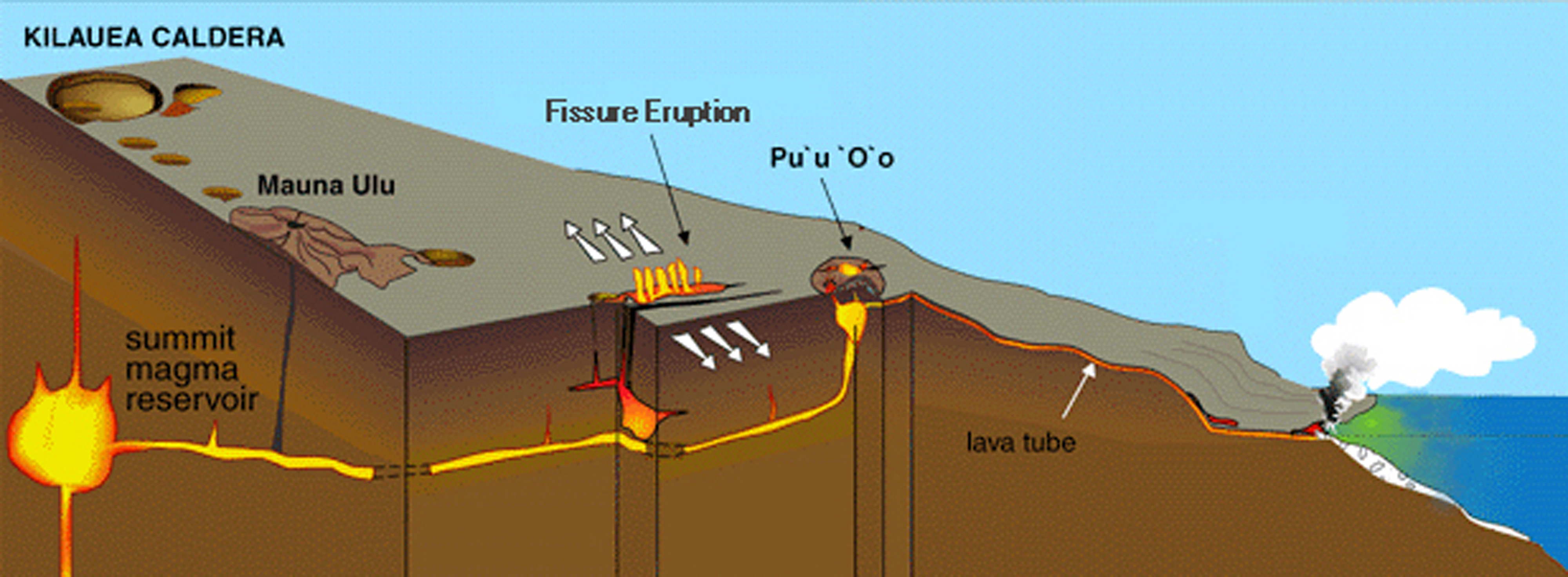What Does It Take to be True?
I read the first sentence in the first panel of today’s Inkpen and it made me stop. When does saying something make it true? Could I think of an example? I’ll let you think about that while you look at the comic, the rest of which isn’t really germane to this post…
I thought of two examples before I read the rest of the comic. And let’s allow more verbs than just “say.”
I am writing this sentence.
You are reading this sentence.
Of course we could get philosophical here and you could point out that the first sentence was true only when I was writing it, and the second isn’t true until you read it.
So all right then; think of a better sentence! Share it in the comments.
Subscribe to this blog's RSS feed
Correct Whom!
No comment, it’s just a correct usage of “whom,” and I like to point out when someone does something right that a lot of people get wrong. Well, I confess I don’t think I expected it from the depicted source…
Personification
Personification is when you have something not-human do something that only humans do. We can extend that definition from non-human/human to inanimate/living.
For example, the magma under a volcano is not alive. But we have this sentence from the Washington Post:
As pressure builds in the magma chamber, the magma seeks out weak spots in the surrounding rock, squeezing through the earth until it reaches a vent to the surface.
Magma doesn’t “seek out” anything; that’s something only living creatures do. You could be literal and say the magma is pushed through weak spots. (Or get rid of the passive, and say that the pressure forces the magma through the weak spots.)
Here’s another:
“Magma is going to look for the easiest way out,” she said.
See if you can change that second sentence to not have personification.
Here’s a lesson of sorts: Personification isn’t necessarily wrong. It can make a passage more vivid. Just be aware when you’re using personification. Rule of thumb: the more technical the writing, the less personification.
And of course, perhaps, a diagram might be even more vivid than personification.

Looking for a Writing Job?
Apparently the Border Patrol needs a couple writers. Here’s a sample of a paragraph from one of their press releases. It’s pretty bad:
On April 23, 2018, Border Patrol agents assigned to the Laredo Sector Marine Unit rescued two subjects in distress found struggling to stay afloat in the Rio Grande River near Zacate Creek. The two subjects were pulled on board the marine vessel and treated by an Emergency Medical Technician. The two subjects were determined to be from the country of Mexico.
Here’s a link to an article about some of the edits that this paragraph needs. Before you click the link, do an edit yourself, then see what the writer of the article came up with. (I’m resisting the temptation to do it myself.)
Remember Those Misused Introductory Adverbs?
I mentioned these guys before. More than once. People, even professional writers, sometimes start a sentence with an adverb when they should use an adjective or a phrase. Some examples of doing it wrong:
Firstly, we pour water into the bowl (how about just plain “first”?).
Reportedly, most kids don’t like peas (who’s doing the reporting? Identify the source!).
Supposedly, we can go play after dinner (how about “I suppose we can go play…).
You might remember the definition of adverbs as words that modify verbs, adjectives, and other adverbs. Sometimes this can place an adverb first in a sentence, and here’s an example of that:
Equally important, MacLeish mobilized the Library of Congress for war.
So “equally” here tells how, or to what extent. Far better than “Equally importantly…”
Adverbs are often superfluous anyway. If you can leave an adverb out, leave it out.
And just to satisfy your curiosity, here’s a picture of Archibald MacLeish.

PS—Wouldn’t you know, I ran into a comic from Strange Brew on the subject. She calls it a sentence adverb, but same thing:


